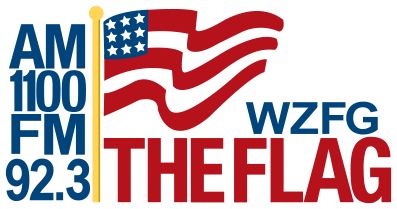The North Dakota Department of Human Services’ Money Follows the Person Program stakeholders will meet on Nov. 19, from 1 to 4 p.m. Central Time to learn about new assistive technology for older adults and people with disabilities and other topics. The meeting will be held in the Pioneer Room located in the Judicial Wing of the state Capitol in Bismarck. The public is welcome to attend.
Stakeholders act in an advisory capacity to the department and receive quarterly updates on activities, which focus on community-based services for individuals with disabilities. Project funds help eligible older adults and people with disabilities who want to move from a nursing home or other facility to a community setting like an apartment, a family member’s home, or other types of living arrangements with supportive services.
The meeting agenda includes updates on the statewide implementation of person-centered practices across service delivery systems for people with disabilities, strategies to support people with disabilities through the Innovation Accelerator program and workforce development efforts.
Stakeholders will also hear an update on the Money Follows the Person Tribal Initiative, an effort to assist the state and tribal nations by helping tribal elders and tribal members with disabilities transition from institutions to community living.
A complete agenda is online at www.nd.gov/dhs/info/publicnotice/index.html.
Individuals who need accommodations to participate in the meeting can contact Jacob Reuter at 701-680-9638, toll free 800-755-2604, 711 (TTY) or jwreuter![]() nd [dot] gov
nd [dot] gov
. The public must enter through the south entrance of the Capitol and pass through metal detectors.
The federal government awarded the North Dakota Department of Human Services an $8.9 million Money Follows the Person grant in 2007. Medicaid clients who are elderly or have physical or other disabilities and who live in nursing homes, the Life Skills and Transition Center or other institutions may qualify for transition services. Participation is voluntary.
Since transitions began in 2008, 481 individuals have transitioned to community settings.







